
"Puck, A Midsummer Night's Dream, William Shakespeare" Posters by Rupa
And hang a pearl in every cowslip's ear. Farewell, thou lob of spirits; I'll be gone: Our queen and all our elves come here anon. Puck. The king doth keep his revels here to-night: Take heed the queen come not within his sight; For Oberon is passing fell and wrath, Because that she as her attendant hath.
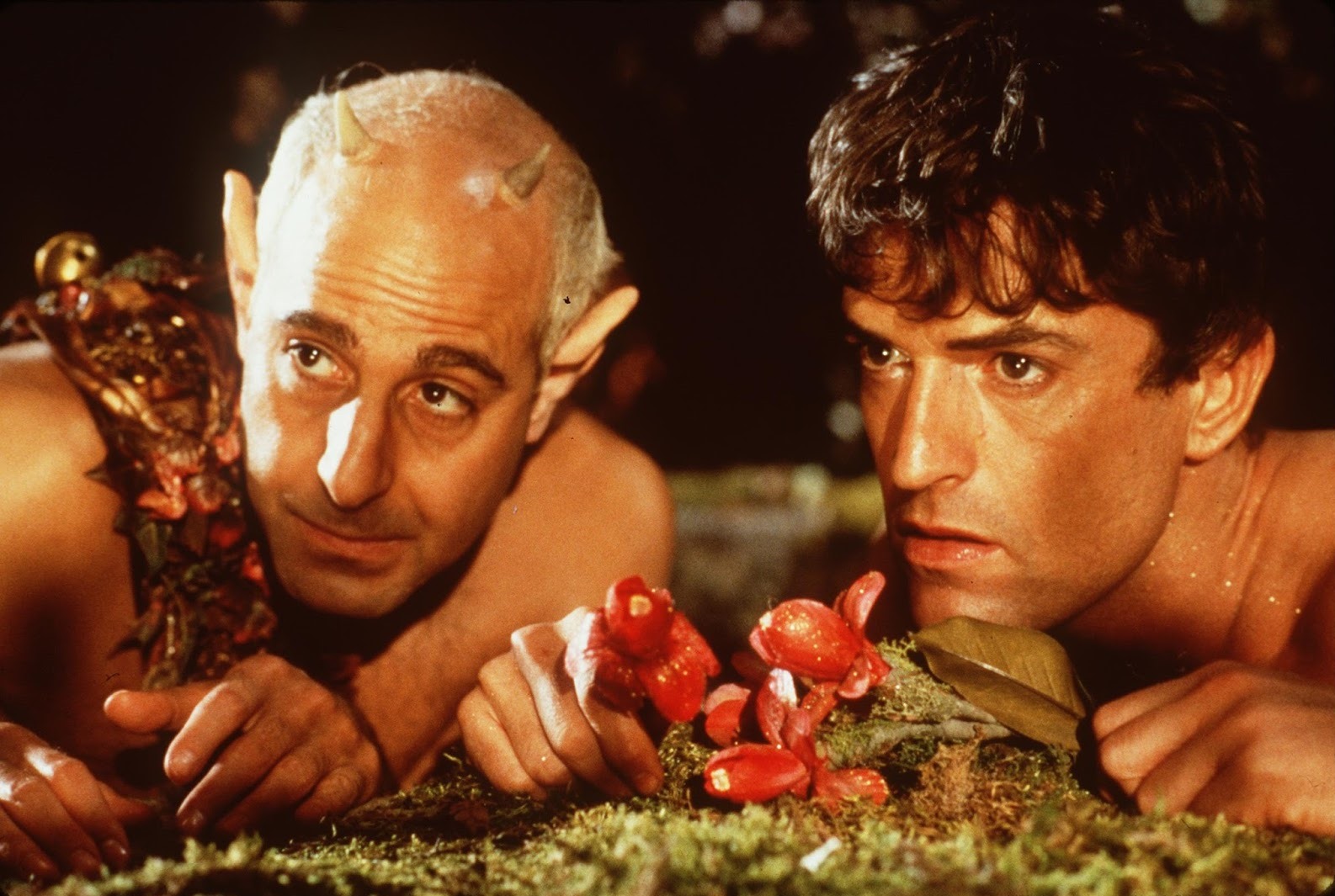
A Midsummer Night's Dream (1999) Moria
Puck, the vivacious fairy, henchman for Oberon, and narrator in Shakespeare's A Midsummer Night's Dream. Notorious for his mischievous deeds, Puck makes witty, fanciful asides that serve to guide the play and its outrageous action. Although belief in fairy creatures was strong in medieval England,

Puck (A Midsummer Night's Dream) Wikipedia
Speeches (Lines) for Puck. in "Midsummer Night's Dream". How now, spirit! whither wander you? Take heed the queen come not within his sight;. I am that merry wanderer of the night.. I remember. In forty minutes. Ay, there it is. Fear not, my lord, your servant shall do so.

Splats Entertainment A Midsummer Nights Dream Puck Shakespeare for
Nick Bottom. A type of fairy called a "puck," Puck is Oberon's faithful servant, but is also mischievous and enjoys nothing more than playing tricks and causing trouble. He has all sorts of magical abilities, from changing shape, to turning invisible, to assuming different people's voices, to transforming a man's head into an ass's head.

"Puck, from a Midsummer Night's Dream" by Ray Shuell Redbubble
Important quotes by Puck in A Midsummer Night's Dream.. SparkNotes Plus subscription is $4.99/month or $24.99/year as selected above. The free trial period is the first 7 days of your subscription.

A Midsummer Night's Dream Character Relationships Shakespeare
Puck : If we shadows have offended, / Think but this, and all is mended, / That you have but slumber'd here / While these visions did appear. / And this weak and idle theme, / No more yielding but a dream, / Gentles, do not reprehend: / If you pardon we will mend. / Else the Puck a liar call. / Give me your hands, if we be friends, / And Robin.

A Midsummer Night's Dream Puck & Oberon A Midsummer Nigh… Flickr
Puck, or Robin Goodfellow, is a character in William Shakespeare 's play, A Midsummer Night's Dream. Vince Cardinale as Puck from the Carmel Shakespeare Festival production of A Midsummer Night's Dream, September 2000. Based on the Puck of English mythology and the púca of Celtic mythology, Puck is a mischievous fairy, sprite, or jester.
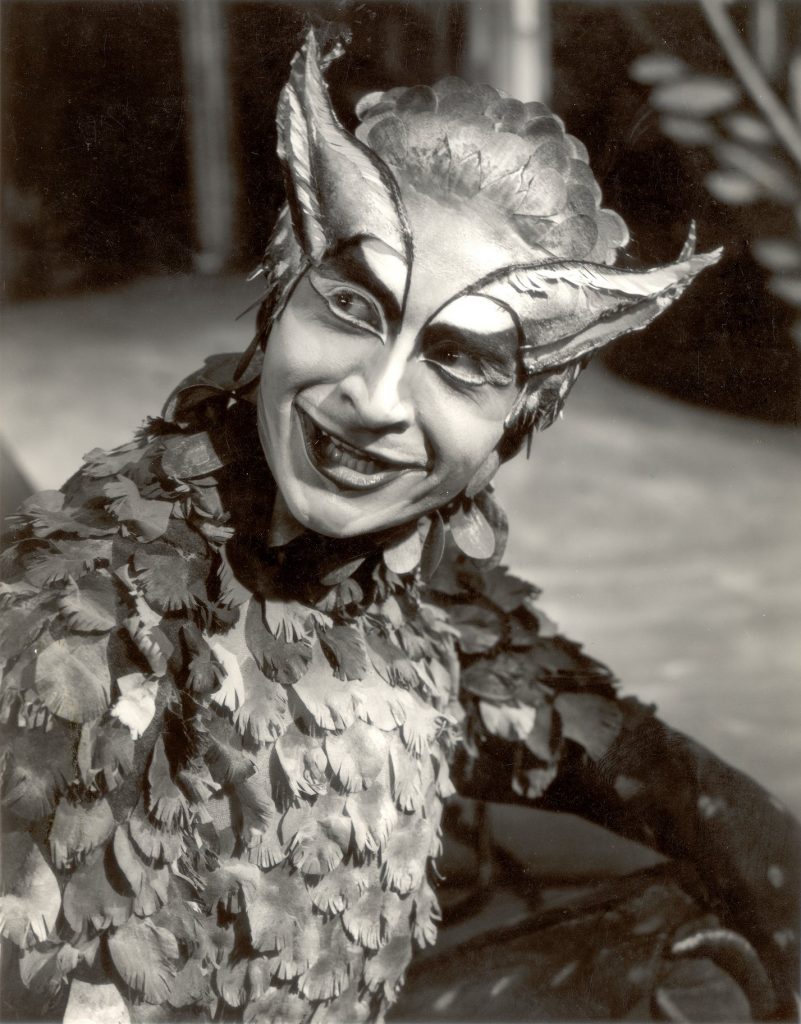
Shakespeare Module 3 Shakespearean Comedy and A Midsummer Night’s
Puck is described by the Fairy in Act II, Scene 1 of Midsummer Night's Dream as a sprite fairy. A sprite is a particular species of fairy that has a human form, pointed ears, sparkly fairy dust.

A Midsummer Night's Dream Act 2 Scene 1 Shakespeare Learning Zone
Next: A Midsummer Night's Dream, Act 3, Scene 2 Explanatory Notes for Act 3, Scene 1 From A Midsummer Night's Dream.Ed. K. Deighton. London: Macmillan & Co. 2. Pat, pat, in the very nick of time; cp. Haml. iii. 3. 73, "Now might I do it pat." Skeat says, "This can hardly be other than the same word as pat, a tap..But the sense is clearly due to an extraordinary confusion with Du. pas, pat.

A Midsummer Night's Dream RonnierosClarke
A Hollywood Dream. The 1990s were a good decade for Shakespeare on screen. Kenneth Branagh earned critical acclaim with his 1989 adaptation of Henry V and followed that up with well-regarded versions of Much Ado About Nothing (1993) and Hamlet (1996). If not as critically acclaimed as Branagh's melancholy Dane, action film star Mel Gibson's 1990 turn as Hamlet also did well at the box office.
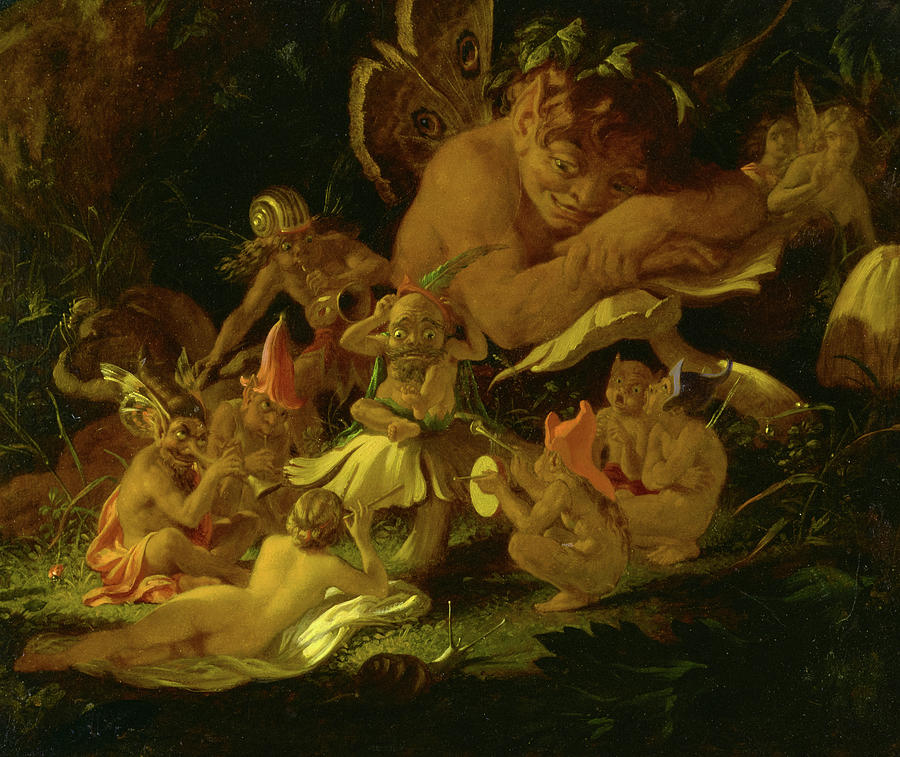
Puck and Fairies, A Midsummer Night's Dream, 1850 Painting by Joseph
By Dr Oliver Tearle (Loughborough University) 'If We Shadows Have Offended' is the opening line of Puck's closing speech from Shakespeare's A Midsummer Night's Dream.In summary, the speech sees Puck (also known as Robin Goodfellow) seeking forgiveness from the audience if the fairies (including Puck himself) have 'offended' any of the audience with their antics.

Puck In A Midsummer Night'S Dream DREAM KJW
Who is Puck?Puck is a major character in William Shakespeare's famous comedy, A Midsummer Night's Dream.Puck is one of the fairy spirits who lives in the woods where most of the play's action.
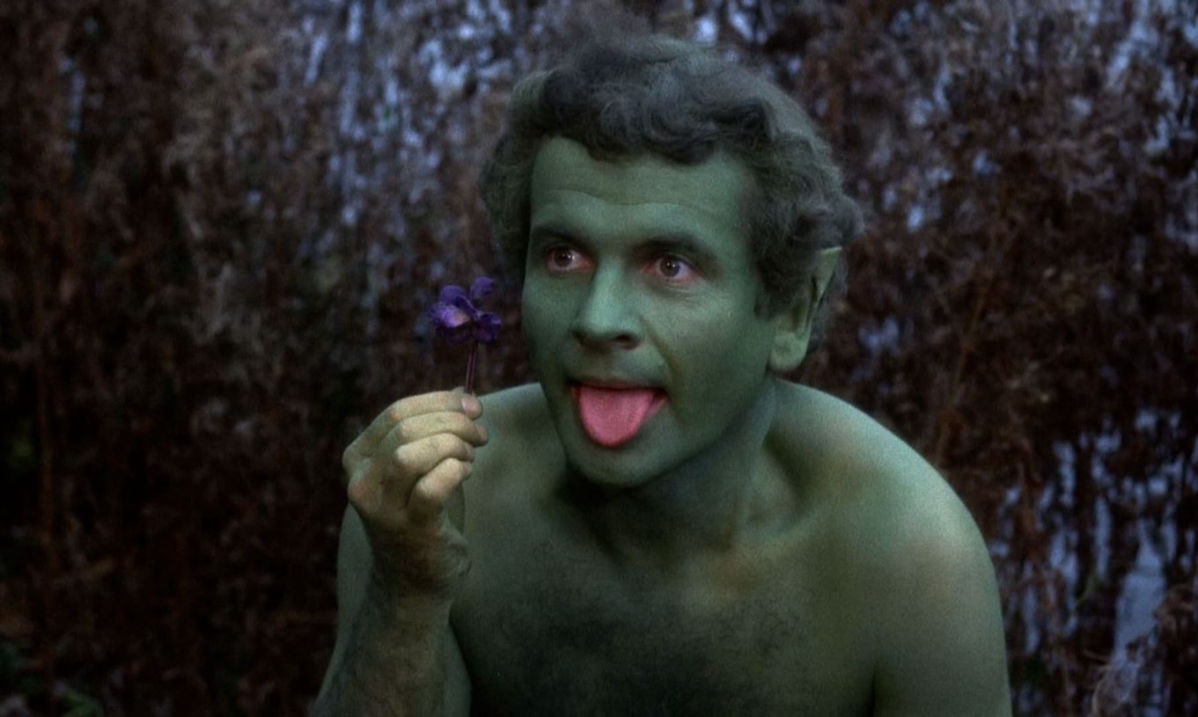
Puck on Film 1968 A Midsummer Night's Dream
Character Analysis Puck. Oberon's jester and lieutenant, Puck is a powerful supernatural creature, capable of circling the globe in 40 minutes or of enshrouding unsuspecting mortals in a deep fog. Also known as Robin Goodfellow, Puck would have been familiar to a sixteenth-century English audience, who would have recognized him as a common.
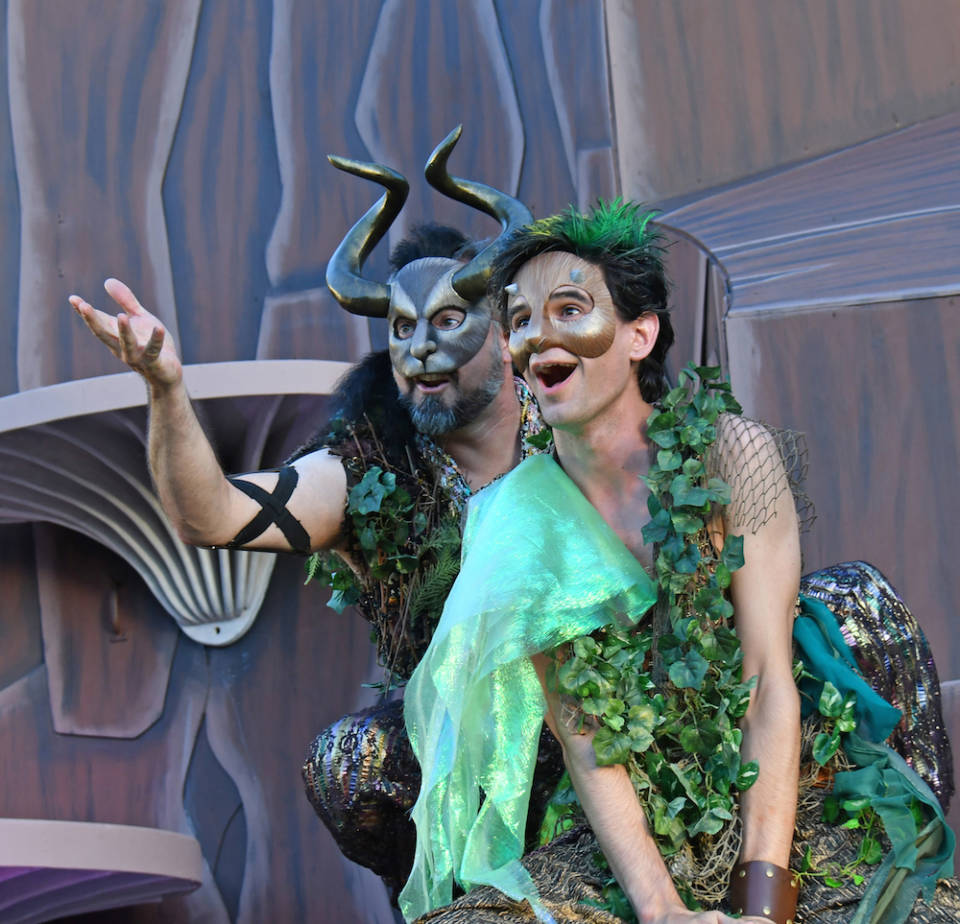
Moonlight Revels and Fairy Magic in 'A Midsummer Night’s Dream' KQED
From: A Midsummer Night's Dream. Casting type notes: Puck, or Robin Goodfellow, is a cheeky sprite who causes trouble (accidentally and on purpose) all through A Midsummer Night's Dream.The character is referred to as a 'he', but it is common for Puck to be played by actors of all ages and genders.

A Midsummer Night's Dream Story Timeline Shakespeare Learning Zone
Puck, or Robin Goodfellow, is a character in William Shakespeare 's play, A Midsummer Night's Dream . Based on the Puck of English mythology and the púca of Celtic mythology, [1] [2] Puck is a mischievous fairy, sprite, or jester. He is the first of the main fairy characters to appear, and he significantly influences events in the play.

Theater Review A Midsummer Night's Dream, Vermont Shakespeare Co
Puck, A Midsummer Night's Dream. Puck is a character in Shakespeare's play, A Midsummer Night's Dream. His name is Robin Goodfellow but he's known as Puck in the play. He is one of the fairies who inhabit the forest, and is the servant of the Fairy King, Oberon. In Puck Shakespeare has included a character out of European folklore into.